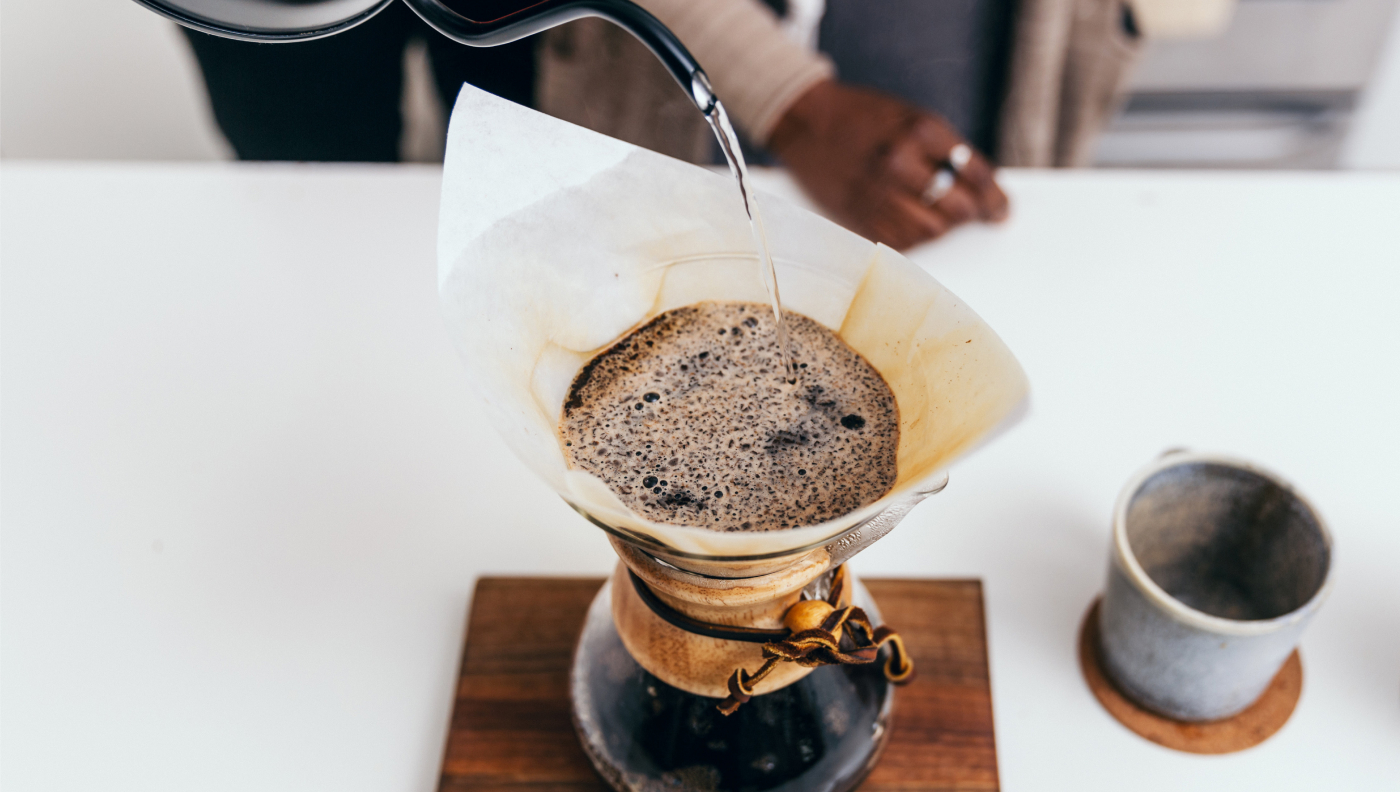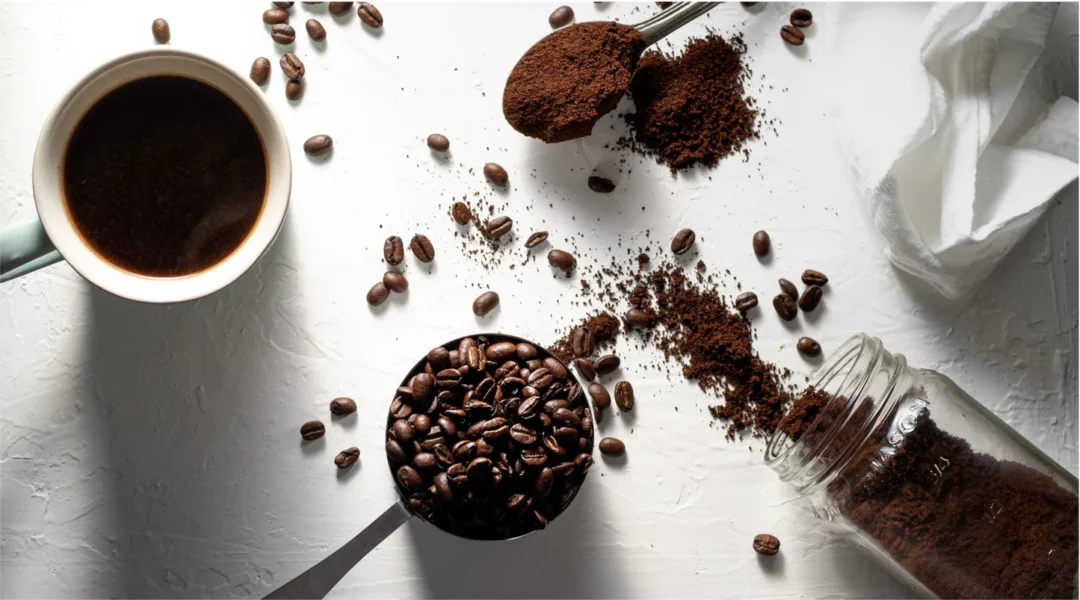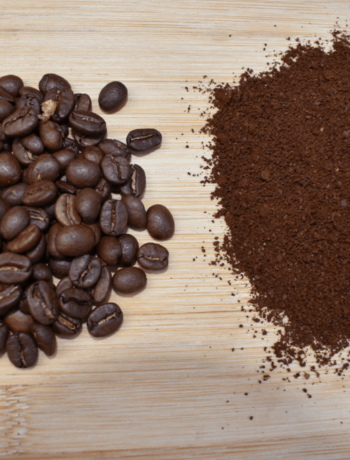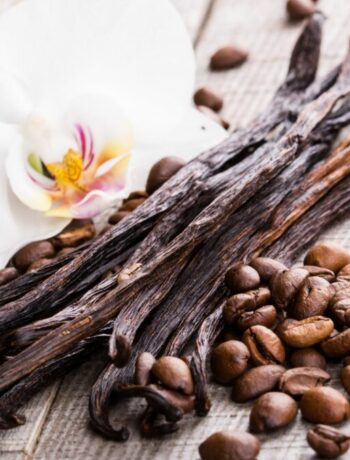Discover diverse flavor profiles, refine your brewing technique, and explore global coffee cultures.
This comprehensive guide aims to elevate your coffee experience, transforming each sip into a moment of pure bliss.
Let’s brew perfection together, one cup of expertly ground coffee at a time.
The Rich History of Ground Coffee

Source: cameronscoffee.com
The fascinating journey of ground coffee traces its roots back to ancient Ethiopia, marking a rich history that has influenced cultural practices and economic structures around the world.
Coffee’s evolution has been phenomenal, transitioning from a religious and medicinal beverage to a global commodity. Its unique taste, aroma, and stimulating properties have made it a staple in many cultures, shaping social interactions and rituals.
Trade influence played a significant role in its dissemination, withcoffee beans crossing borders and seas, spreading its allure and demand. This led to the establishment of coffee plantations in different continents, altering landscapes and economies.
The history of ground coffee is not merely a tale of a beloved drink; it’s a testament to human connection, industry, and the unending pursuit of flavor and energy.
Unveiling the Coffee Grinding Process
Understanding the process of coffee grinding is essential to appreciating the full potential of this beloved beverage. Different grinding equipment can significantly affect the flavor profile and overall quality of the coffee.
Burr grinders, for example, offer precision and consistency, crushing beans between two revolving abrasive surfaces, while blade grinders chop the beans, potentially leading to uneven grind sizes.
Understanding the unique characteristics of different bean varieties is also crucial. Arabica beans are known for their sweet, delicate flavor and are often medium-ground, while the stronger, more robust flavor of Robusta beans may benefit from a coarser grind.
The harmonious blend of the right grinding equipment and bean selection truly unveils the blissful perfection of ground coffee.
Decoding the Flavor Profiles

Source: urbanmatter.com
Numerous factors contribute to the vast array of flavor profiles found in ground coffee, each offering a unique sensory experience to the discerning palate.
Mastering the art of Tasting Techniques can help coffee enthusiasts unlock these complex flavors, from the bright acidity of light roasts to the deep, rich notes of dark roasts.
The beans’ origin, roast level, and brewing method, all affect the symphony of flavors that unfold in every sip.
Expert Flavor Pairings further enhance the enjoyment of coffee. For instance, pairing a nutty Brazilian coffee with a buttery croissant can create a harmonious balance, accentuating the coffee’s inherent characteristics.
The journey of decoding coffee flavors is one of discovery, refinement, and unending delight.
Perfecting Your Brewing Technique
Mastering your brewing technique is an integral part of the coffee experience, shaping the overall flavor and quality of your ground coffee.
The artistry lies in the details: from the choice of coffee filters that capture the coffee’s essence without imparting undesired flavors, to the precise brewing temperatures that extract the optimal flavor profile.
A good brewing temperature ranges between 195 to 205 degrees Fahrenheit. Too low, and your coffee could be under-extracted, tasting weak and sour. Too high, and you risk over-extraction, leading to bitterness.
Coffee filters also play a pivotal role in refining your brew. Paper filters offer a clean cup, while metal filters allow more oils and fine particles through, enhancing body and complexity.
Exploring Global Coffee Cultures
Frequently, the nuances of your brewing technique are influenced by various global coffee cultures, each offering unique perspectives and practices in the art of coffee preparation.
Delving into ‘Coffee Rituals Worldwide’, we discover the Ethiopian coffee ceremony, where beans are freshly roasted, ground, and brewed in a Jebena.
Contrastingly, Turkish coffee traditions involve fine grounds simmered in a special pot, ‘cezve’.
Studying ‘International Coffee Varieties’, we find the robust, full-bodied Arabica, native to Ethiopia, and the strong, slightly bitter Robusta from Central and Western Africa.
Similarly, Vietnamese coffee, typically Robusta, is served with a unique drip filter.
Understanding these diverse coffee practices and varieties around the globe is key to refining your brewing technique, and ultimately, achieving a sip of perfection.
Frequently Asked Questions
What Are the Health Benefits and Potential Risks of Consuming Ground Coffee?
Ground coffee offers notable health benefits, including antioxidant properties that combat cell damage. However, excessive consumption can lead to coffee addiction, potentially causing sleep disruption, nervousness, and increased heart rate. Moderation is key for enjoying its benefits.
How Does the Caffeine Content in Ground Coffee Compare to Other Forms of Coffee or Tea?
The caffeine content in ground coffee varies based on the extraction process. Generally, it is higher than in tea. However, the content can differ significantly among coffee types, brewing methods, and serving sizes.
Can Ground Coffee Be Used in Any Other Ways Apart From Brewing?
Yes, ground coffee can be utilized in numerous ways beyond brewing. It’s a key ingredient in coffee scrubs, providing exfoliation benefits. Additionally, ground coffee art is a popular and creative use of this resource.
What Are Some Eco-Friendly Practices for Disposing of Used Ground Coffee?
Used ground coffee can be disposed of in an eco-friendly way by utilizing it as compost. It enriches the soil, enhances compost benefits and serves as organic fertilizers, promoting a healthy and sustainable environment.
Which Brands of Ground Coffee Are Considered the Best in the Market Today?
Renowned brands like Stumptown, Death Wish, and Kicking Horse are setting industry standards for ground coffee. Their packaging innovations and fair trade practices have not only enhanced flavor profiles but also positively impacted global communities.





